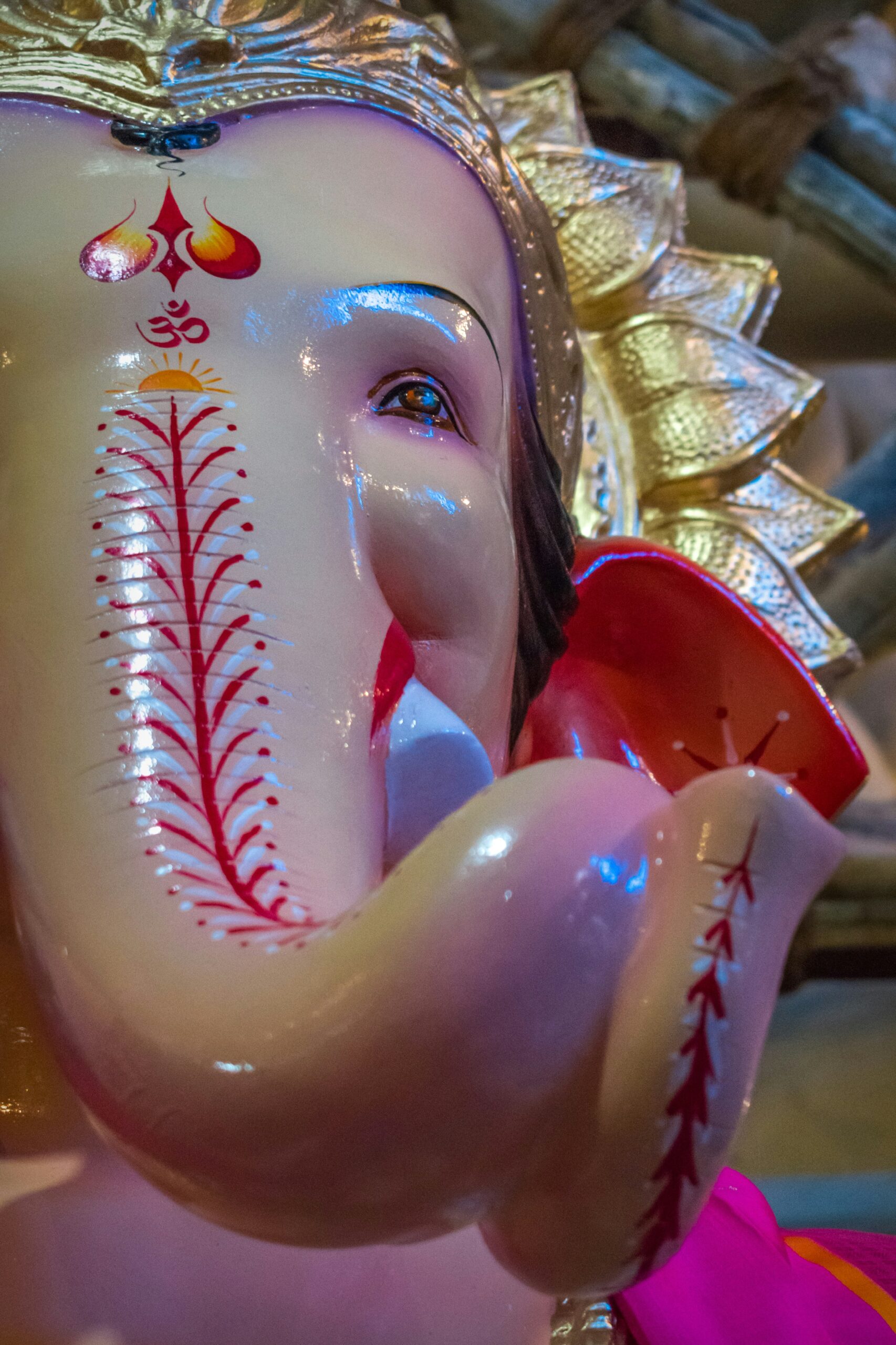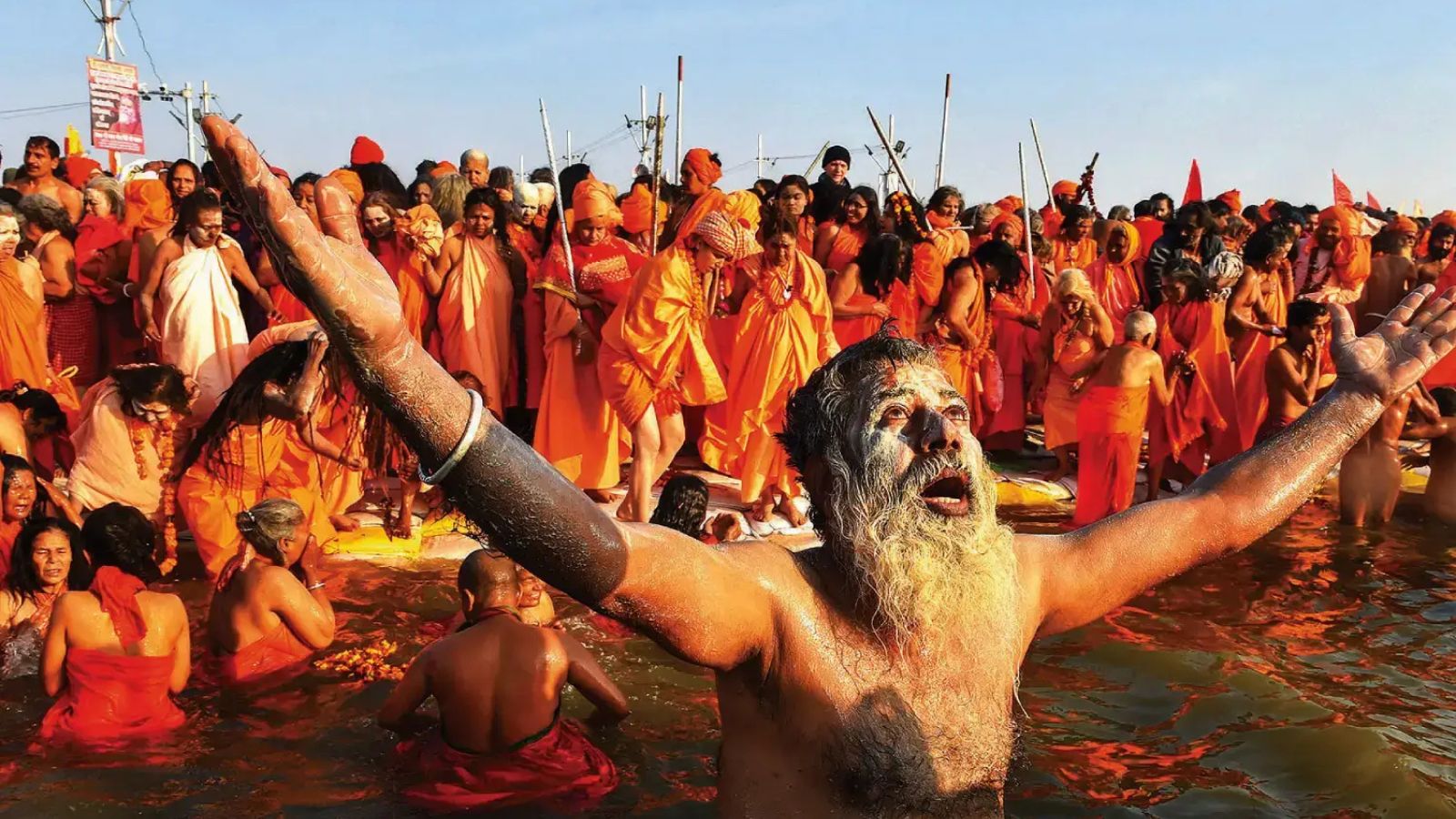The Significance of Celebrating Diwali in India: What to Expect in Diwali 2024
October 27, 2024 | by realfactinfo.com

The Historical and Cultural Significance of Diwali
Diwali, also known as the Festival of Lights, is one of the most celebrated festivals in India, deeply rooted in the country’s rich historical and cultural heritage. Its origins can be traced back to various ancient legends that reflect the societal values and beliefs of the time. One of the most prominent stories associated with Diwali is that of Lord Rama, whose return to Ayodhya after a 14-year exile is commemorated on this auspicious day. The townspeople of Ayodhya illuminated their homes with oil lamps (diyas) to celebrate the victory of good over evil, symbolized by Rama’s triumph over the demon king Ravana. This narrative encapsulates the essence of the festival: the reaffirmation of dharma, or righteousness, and communal joy in the face of adversity.
Another significant tale intertwined with the celebration of Diwali is that of Goddess Durga’s victory over the buffalo demon Mahishasura. This legend underscores the power of divine feminine energy and represents the triumph of good over malevolent forces. The festivities during this period encompass not only the remembrance of Lord Rama and Goddess Durga but also invoke the blessings of Lakshmi, the goddess of wealth and prosperity. Lakshmi Puja, performed on the third day of Diwali, draws attention to the importance of economic well-being and prosperity, which are vital elements for individuals and communities alike.
These enduring stories serve as a foundation for contemporary celebrations of Diwali in India. They foster a sense of communal harmony as people from various backgrounds come together to partake in the festivities, irrespective of their religious beliefs. This inclusivity highlights the festival’s role in promoting peace and unity among diverse cultures. In contemporary India, Diwali remains a vibrant expression of cultural identity, bridging the gap between traditional values and modern celebrations, ultimately celebrating the spirit of togetherness and hope.
The Customs and Traditions of Diwali Celebrations
Diwali, also known as the Festival of Lights, is one of the most significant festivals in India, celebrated with great enthusiasm and devotion. The customs and traditions associated with Diwali are rich and varied, reflecting the diverse culture of the country. Among these practices, cleaning and decorating homes holds a great significance. In the weeks leading up to Diwali, families thoroughly clean their residences to welcome prosperity and positive energy, often discarding items that are no longer needed. The act of cleaning symbolizes the removal of negativity and the opening of doors to new beginnings.
Illuminating homes with diyas, or small oil lamps, is a prominent aspect of Diwali celebrations. The lighting of these diyas represents the victory of light over darkness and good over evil. As night falls, the soft glow of these lamps creates a serene and inviting atmosphere. Homes are often adorned with vibrant rangoli designs made from colored powders, flower petals, or rice, which are crafted at the entrance to welcome guests and deities. Rangoli designs range from simple patterns to intricate masterpieces, showcasing the artistic ingenuity that accompanies this festive season.
Family gatherings are central to Diwali celebrations. This festival serves as a time for relatives to reunite, share meals, and exchange gifts, reinforcing family bonds and connections. Prayers, or puja, are also an integral part of the festivities, with families engaging in rituals dedicated to deities such as Lakshmi, the goddess of wealth, and Ganesha, the remover of obstacles. In addition to family and spiritual observances, Diwali is well-known for its grand fireworks displays, illuminating the night sky and filling the air with joy. These festivities encapsulate not only the grandeur of the festival but also the shared experiences that strengthen community ties.
Diwali 2024: Expectations and Preparations
Diwali, also known as the Festival of Lights, is one of the most significant celebrations in India, characterized by vibrant festivities, exquisite decorations, and cherished family gatherings. In 2024, Diwali is expected to be celebrated on November 11th, marking the culmination of the five-day festival that signifies the triumph of light over darkness and good over evil. Each region of India brings its unique traditions and customs to the celebration, thus altering the expectations and preparations for this joyous occasion.
Preparation for Diwali 2024 typically begins well in advance, as families embark on a shopping spree for new clothes and adornments. People often purchase traditional attire, which vary by region; for instance, women may opt for sarees or lehengas, whereas men frequently choose kurta-pajamas. Furthermore, selecting gifts for family and friends is an essential aspect of the festivities. Sweets, decorative items, and personalized presents often find a place under the festive tree, symbolizing love and appreciation.
The culinary preparations are equally crucial, with families planning elaborate meals that include traditional dishes, snacks, and sweets unique to their cultural background. From mouth-watering mithais to savory snacks, the Diwali feast aims to please the palate and embody the spirit of sharing and togetherness. Additionally, it is increasingly common for families to adopt eco-friendly practices by using sustainable decorations and eco-conscious gifting ideas, reflecting a growing awareness of environmental concerns.
Social media has also began to play a pivotal role in how Diwali is celebrated. With platforms like Instagram and Facebook, individuals share their festivities, from lighting diyas to preparing festive meals, creating a tapestry of diverse celebrations across the country. These trends not only keep the spirit of Diwali alive but also foster a sense of community that transcends geographical boundaries, making Diwali 2024 an even more connected and vibrant experience.
Spreading Positivity and Goodwill During Diwali
The festival of Diwali, often referred to as the festival of lights, serves as a profound reminder of the significance of positivity and goodwill in the realm of human interactions. This celebratory occasion not only marks the victory of good over evil but also symbolizes the importance of unity, love, and harmony among individuals and communities. As the festival approaches in 2024, it is essential to embrace the spirit of Diwali by actively spreading positivity through various means.
One of the most impactful ways to enhance community spirit during this festive season is through charitable acts. Many individuals choose to donate to local charities or engage in acts of service, assisting those in need. Whether it involves providing food, clothing, or financial support, these gestures reinforce the value of empathy and compassion, fostering a sense of togetherness among diverse groups. Community service not only uplifts those who receive assistance but also enriches the lives of volunteers, promoting a culture of giving and gratitude.
Moreover, sharing sweets and gifts is a traditional aspect of Diwali that further cultivates goodwill. Exchanging homemade delicacies or thoughtful gifts with friends and family extends the joyous spirit of the occasion, reminding everyone of the importance of relationships. This practice encourages individuals to reflect upon their blessings and express gratitude, facilitating a deeper connection with loved ones. It is essential to focus on the essence of giving rather than the material value of gifts, as this attitude transforms the celebration into a meaningful experience.
As we approach Diwali 2024, let us strive to encompass the true values of kindness, generosity, and warmth within our communities. By spreading positivity and goodwill, we can ensure that the celebration of this vibrant festival transcends personal enjoyment and becomes a collective endeavor that fortifies bonds among individuals, creating a legacy of love and harmony.
RELATED POSTS
View all

